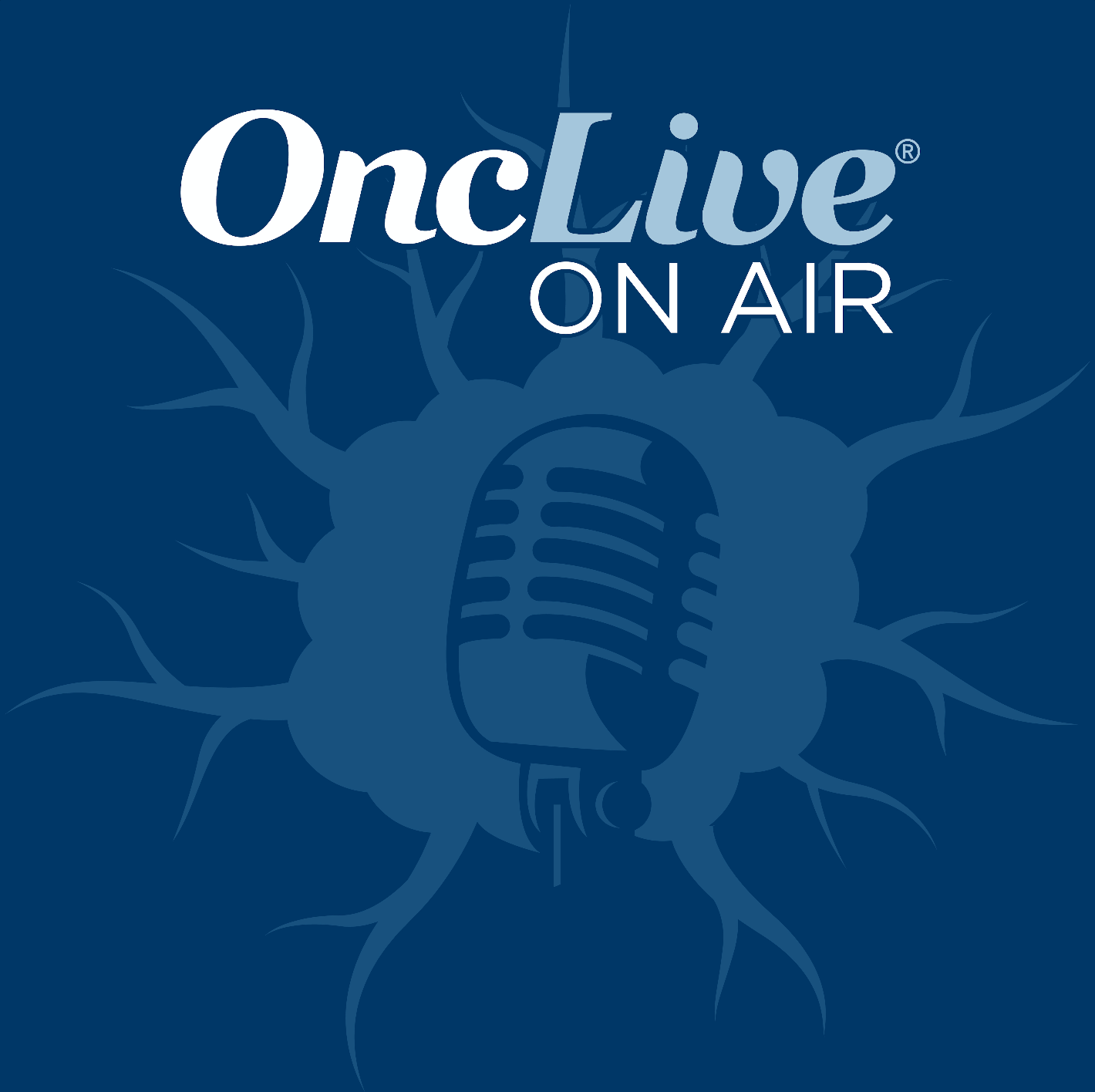Article
Press Release
UW Carbone Cancer Center Receives SPORE Designation, Federal Grant to Support Prostate Cancer Research
Author(s):
University of Wisconsin Carbone Cancer Center will be designated as a Specialized Program of Research Excellence, or SPORE, by the National Cancer Institute for research initiatives to advance new prostate cancer treatments.
David Jarrard, MD

University of Wisconsin Carbone Cancer Center will be designated as a Specialized Program of Research Excellence, or SPORE, by the National Cancer Institute (NCI) for research initiatives to advance new prostate cancer treatments.
This highly competitive designation comes with more than $11 million in federal funding to support new and existing research efforts, according to Dr. David Jarrard, surgical oncologist and deputy director, UW Carbone, and professor of urology, University of Wisconsin School of Medicine and Public Health.
“It’s really an exciting time for prostate cancer research here,” he said. “This will provide an opportunity to take observations from the laboratories and bring them to our patients as new therapeutics.”
Moving research discoveries from the laboratory bench to clinical treatments has been the precise intention of SPORE grants since the program began in 1992, according to NCI. SPORE grants are designed to enable a rapid and efficient evolution of scientific findings into clinical settings. They also support research to determine the causes of cancer in individuals and populations.
This SPORE grant will focus on methods that could improve treatments for patients with more advanced-stage prostate cancer, an area of growing need in recent years, according to Dr. Douglas McNeel, professor of medicine, UW School of Medicine and Public Health, and medical oncologist and director of solid tumor immunology research at UW Carbone.
“We want to improve outcomes for patients,” he said. “To do that we need to catch it early and understand how to treat prostate cancer on the individual level and prevent it from recurring.”
The three main areas the SPORE grant will focus on are the immediate environment surrounding a prostate tumor which is referred to as the tumor microenvironment, the diversity of prostate cancer and how different cancer types respond to treatment within an individual patient, and cancer vaccines as treatments for prostate cancer.
The microenvironment and the variation seen among patients are relatively understudied in prostate cancer, according to Jarrard.
“Most research and care focus on the cancer itself, but clearly the environment around the cancer plays an important role in treatment response and resistance,” Jarrard said.
He and Drs. Josh Lang, Dave Beebe, Steve Cho, Melissa Skala and Sheena Kerr are leading research meant to understand how the microenvironment can lead to cancer progression, metastatic disease and treatment resistance. They also are working to identify biomarkers that can be selectively targeted for treatment. The project involves using patient tumor tissue to recreate an authentic environment for testing personalized approaches to therapy.
The team thinks that while the microenvironment could impact cancer treatment and development, so could differences within the tumor itself. For example, as a cancer progresses, there can be differences between tumor sites such that a treatment works on some tumors but not others.
That is why Drs. Glenn Liu, Robert Jeraj and John Floberg are investigating an approach to imaging that can identify which lesions are responding to a given treatment and which are not, in order to optimize treatment approaches.
“We can target the individual lesions that aren’t responding to hormonal therapy and hopefully allow patients to benefit longer from the therapies they’re already on,” McNeel said.
Finally, McNeel and Jarrard are also working with Dr. Christos Kyriakopoulos to advance research that has already seen success in a phase 1 clinical trial where a vaccine targets a factor that drives prostate cancer development and progression and stimulates the immune system to fight cancer cells.
“We’re basically using standard hormonal therapies to make the cancer more susceptible to an immune-based treatment,” McNeel said.
The SPORE award also provides funding for new ideas and emerging research, especially among researchers who are early in their careers and can benefit from resources and mentorship.
“This is a great opportunity to help develop a new population of researchers, including more underrepresented groups, in the cancer research field,” Jarrard said.
This is one of only a few active SPORE awards in the United States, and it is only the second SPORE award given to an institution in Wisconsin. The first was awarded to UW Carbone in 2016 for head and neck cancer. That grant was renewed in 2022.








